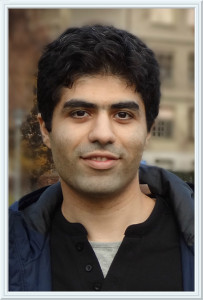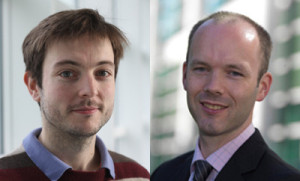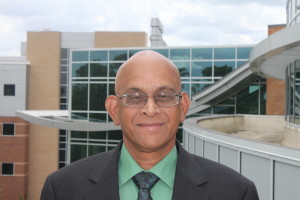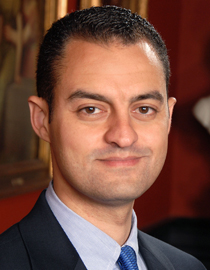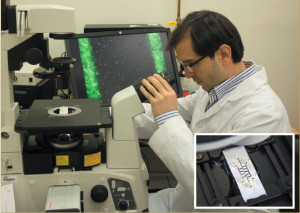 Metrohm USA and Metrohm Canada have announced Chad Atkins as the winner of the 2015 Young Chemist Award for his research in Raman spectroscopy to assess the degradation of stored red blood cells.
Metrohm USA and Metrohm Canada have announced Chad Atkins as the winner of the 2015 Young Chemist Award for his research in Raman spectroscopy to assess the degradation of stored red blood cells.
Atkins is currently completing his Ph.D. at the University of British Columbia where he works under the supervision of Robin Turner and Michael Blades. Here, he conducts his research in red blood cells to confirm viability prior to transfusion, which leads to a more successful patient outcome.
This is the third year Metrohm USA and Metrohm Canada have awarded the $10,000 Young Chemist Award.
“Metrohm has a history of giving back to the scientific community,” said Edward Colihan, President & CEO of Metrohm USA. “This year we saw a record number of applications for this award, demonstrating ingenuity and a passion for solving very practical problems. We are proud to support the next generation of scientists.”
Atkins will present a short overview of his work at Metrohm’s press conference at Pittcon 2015 in New Orleans. Take a look at his abstract.
The Young Chemist Award is open to all graduate, post-graduate and doctorate students residing and studying in the U.S. and Canada, who are performing novel research in the fields of titration, ion chromatography, spectroscopy and electrochemistry. For more details, click here.



